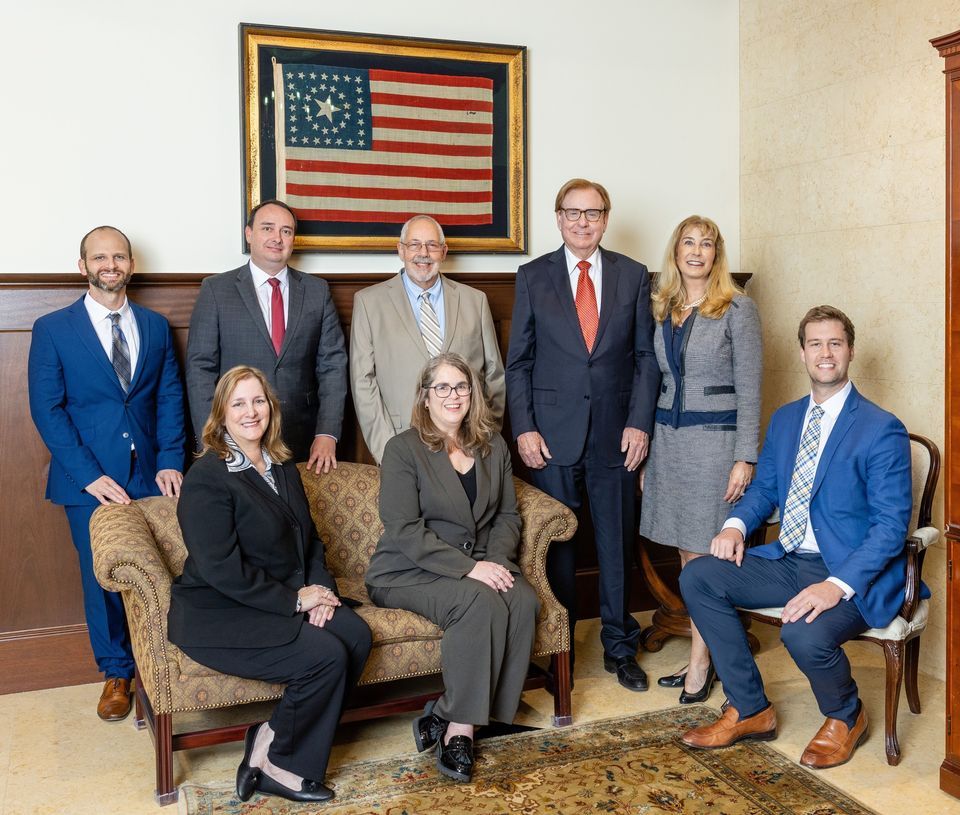Complete Guide to Understanding the Importance of Florida Rule Civil Procedure 1.280
Florida Rule Civil Procedure 1.280 is an essential part of the litigation process in Florida. The rule outlines the discovery process in Florida, which is the pretrial phase of a lawsuit where each party has the opportunity to obtain evidence from the other side.
This process is critical for building a strong case, and failure to comply with the rule can result in adverse consequences for the party.
In this comprehensive guide, we will explore the importance of understanding Florida Rule Civil Procedure 1.280 and how it impacts the litigation process in Florida. We will discuss the purpose and scope of the rule, key provisions, compliance requirements, and practical considerations for successful application of the rule.
Discovery in Florida Litigation
Discovery is a critical part of the litigation process in Florida. It is the pretrial phase of a lawsuit, where each party has the opportunity to obtain evidence from the other side. The purpose of discovery is to allow each party to obtain the information they need to build a strong case and make informed decisions about settlement or trial.
There are several types of discovery available in Florida, including depositions, written interrogatories, requests for production of documents, requests for admissions, and physical and mental examinations. Each type of discovery has its own rules and requirements, but they all serve the same purpose: to obtain evidence and information.
The discovery process can be time-consuming and expensive, but it is a necessary part of the litigation process. Failure to comply with discovery requirements can result in adverse consequences for the party, including sanctions or even dismissal of the case.
Purpose and Scope of Florida Rule Civil Procedure 1.280
Florida Rule Civil Procedure 1.280 outlines the rules and requirements for the discovery process in Florida litigation. The purpose of the rule is to ensure that each party has access to the information they need to build a strong case and make informed decisions about settlement or trial.
The scope of Florida Rule Civil Procedure 1.280 is broad, and it applies to all types of civil litigation in Florida state courts. The rule covers the entire discovery process, from initial disclosures to the use of discovery in trial.
The rule explains what each party is supposed to do during the discovery process. This includes sharing relevant information, answering discovery requests, and working together. It also explains what kind of information can be requested and what the limits are on requesting information.
Key Provisions of Florida Rule Civil Procedure 1.280
Florida Rule Civil Procedure 1.280 contains several key provisions that are important to understand for successful compliance with the rule. Some important provisions are outlined below:
Initial Disclosures: At the start of the case, parties are obliged to share specific information with each other, such as the identities of witnesses and the documents that could potentially be presented during the trial.
Scope of Discovery: The rule defines the range of information that can be discovered, which must be related to the case’s claims or defenses and not protected by law or privileged.
Objections and Privileges: The rule provides guidance on how to assert objections to discovery requests and how to claim privilege to certain information.
Sanctions: The rule outlines the types of sanctions that may be imposed for failure to comply with discovery requirements, including monetary sanctions and dismissal of the case.
Protective Orders: The rule allows parties to seek protective orders to limit or prevent discovery in certain circumstances, such as to protect confidential or sensitive information.
Understanding these key provisions of Florida Rule Civil Procedure 1.280 is critical to successful compliance with the rule and avoiding adverse consequences for noncompliance.
How to Comply with Florida Rule Civil Procedure 1.280
Compliance with Florida Rule Civil Procedure 1.280 is essential for a successful outcome in Florida litigation. Here are some tips for complying with the rule:
Understand the Rule: It is important to have a solid understanding of the rule’s requirements and provisions. Familiarize yourself with the scope of discovery, the obligations of each party, and the consequences of noncompliance.
Develop a Discovery Plan: Develop a discovery plan early in the case that outlines the types of information you need to obtain and how you plan to obtain it. Make sure to comply with the rule’s requirements for initial disclosures.
Respond to Discovery Requests: Respond to discovery requests in a timely and thorough manner. If you need more time to respond, seek an extension from the other party or the court.
Assert Objections and Privileges: If you believe that a discovery request is improper, assert an objection in writing. If you believe that certain information is privileged, claim the privilege in writing.
Cooperate with Opposing Counsel: The rule requires parties to cooperate in the discovery process. Work with opposing counsel to resolve any disputes or issues that arise during the discovery process.
Seek Guidance from the Court: If you have questions or concerns about compliance with the rule, seek guidance from the court. The court can provide guidance on the scope of discovery and how to resolve disputes.
Compliance with Florida Rule Civil Procedure 1.280 is critical for a successful outcome in Florida litigation. By understanding the rule’s requirements and following these tips, you can navigate the discovery process with confidence and achieve your desired outcome.
Practical Considerations for Applying Florida Rule Civil Procedure 1.280
While compliance with Florida Rule Civil Procedure 1.280 is essential for successful litigation in Florida, there are also practical considerations to keep in mind. Here are some practical tips for applying the rule:
Keep Discovery Proportionate to the Case: The rule requires that discovery be proportional to the needs of the case. Avoid excessive or unnecessary discovery that could result in unnecessary delays or expenses.
Use Technology to Streamline Discovery: There are many tools available to streamline the discovery process, such as electronic discovery platforms and document management software. Consider using these tools to make the discovery process more efficient.
Consider the Impact on Attorney-client Privilege: Be mindful of the impact of discovery on attorney-client privilege. Take steps to protect privileged information and consult with the client before waiving any privilege.
Anticipate Potential Disputes: Be prepared for possible conflicts that could arise while obtaining information, like disagreements regarding requests for information or differing views on what information should be disclosed. Try to resolve any such conflicts as soon as you can.
Consider the Impact on Trial Strategy: Keep in mind the impact of discovery on trial strategy. The information obtained during discovery can impact the strength of your case and the strategy you choose for trial.
By keeping these practical considerations in mind, you can successfully navigate the discovery process and achieve a favorable outcome in your Florida litigation.
Achieve Success in Your Florida Litigation—Call Doane & Doane Today
Complying with Florida Rule Civil Procedure 1.280 is critical for a successful outcome in Florida litigation. By understanding the purpose and provisions of the rule, you can navigate the discovery process with confidence and achieve your desired outcome.
At
Doane & Doane, our experienced attorneys have a deep understanding of Florida Rule Civil Procedure 1.280 and can guide you through the discovery process to achieve a successful outcome in your case.
Contact us today at 561-656-0200 to learn how we can help you with your Florida litigation.
The information in this blog post is for reference only and not legal advice. As such, you should not decide whether to contact a lawyer based on the information in this blog post. Moreover, there is no lawyer-client relationship resulting from this blog post, nor should any such relationship be implied. If you need legal counsel, please consult a lawyer licensed to practice in your jurisdiction.
Disclaimer: The information on this website and blog is for general informational purposes only and is not professional advice. We make no guarantees of accuracy or completeness. We disclaim all liability for errors, omissions, or reliance on this content. Always consult a qualified professional for specific guidance.
RECENT POSTS






